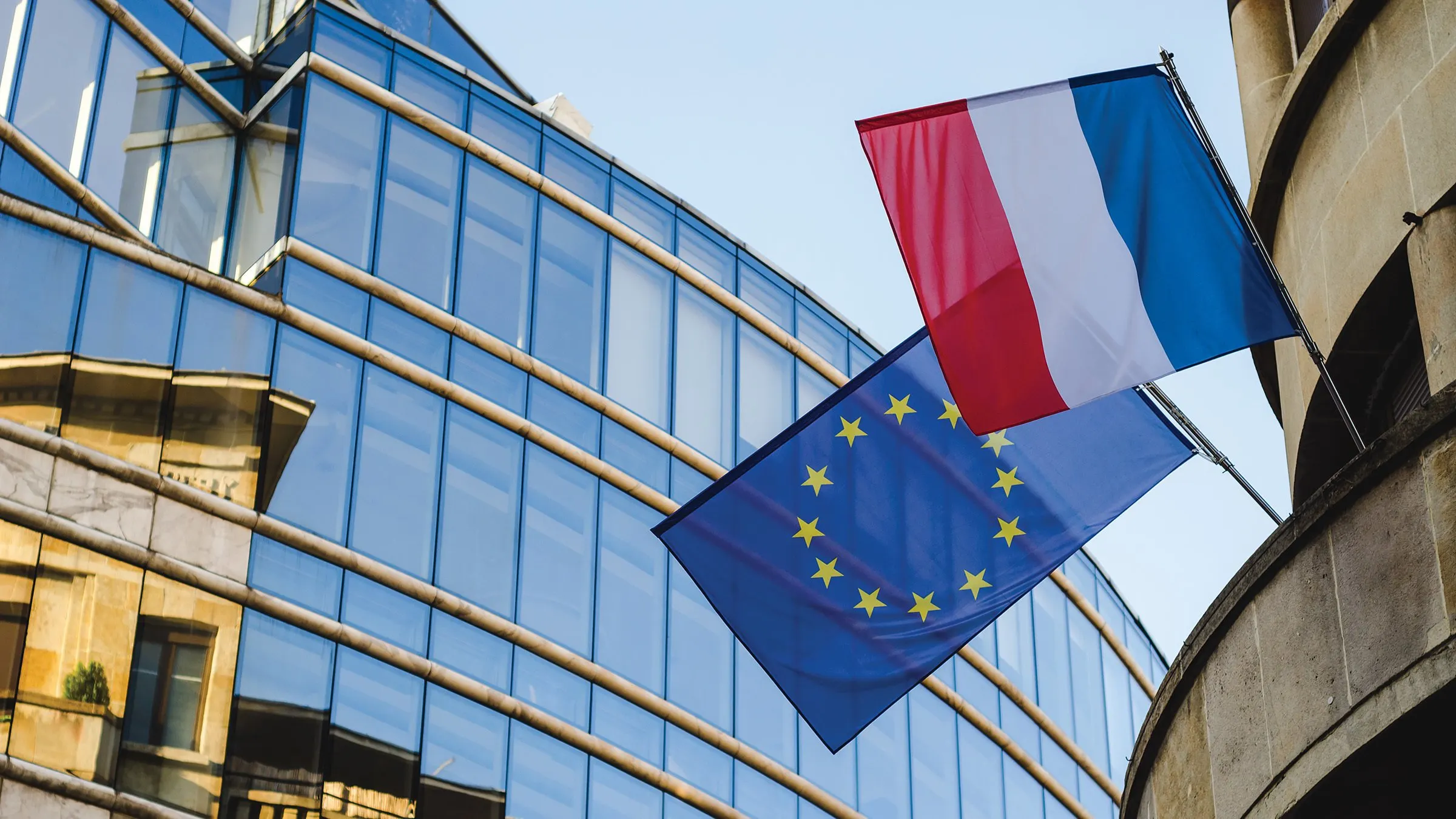Regulators in France are considering a “fast-track” system to get registered crypto firms approved under new European Union-wide rules, L'Autorité des marchés financiers (AMF) said on Friday.
In a statement, the AMF welcomed the passing of Markets in Crypto Assets (MiCA), Europe’s landmark crypto regulation, at the European Parliament last week.
“This regulation will help to increase the competitiveness of French and European players, by creating a harmonized framework in Europe, and to ensure better protection for investors,” the organization said.
France already has a crypto regulation regime which splits companies into two tiers. All firms have to complete “simple” registration, but they can also opt for a higher level of authorization which requires more disclosure. The obligations that firms will face under MiCA are similar to the enhanced form of authorization.
As part of the transition from its domestic regulation to the Europe-wide rules, the AMF said it would look into a possible “fast-track” route for registered providers.
The regulator also said it would ensure its general regulations are adapted to facilitate the transition to MiCA. It is also involved in the next stages of the regulation’s development at an EU level, as the European Banking Authority (EBA) and the European Securities and Markets Authority (ESMA) draft texts that will provide detail on exactly how elements of MiCA should be applied.
The state of play in French crypto
Though France offers both the simple and enhanced forms of authorization, none of the 60 or so firms registered in the country have yet opted for the more stringent level.
This led French lawmakers to consider forcing all firms to apply for a complete licence earlier this year, in anticipation that this would better prepare them for MiCA. However, those who opposed the change said it did not allow enough time and would put an unfair burden on businesses while damaging France’s reputation as a crypto hub.
In January, a compromise was reached which allows players registered under the simple system to continue operating as they are until the introduction of MiCA, which is expected to take place in January 2025. New entrants, however, need to gain a full license if they launch in 2024 or later.

